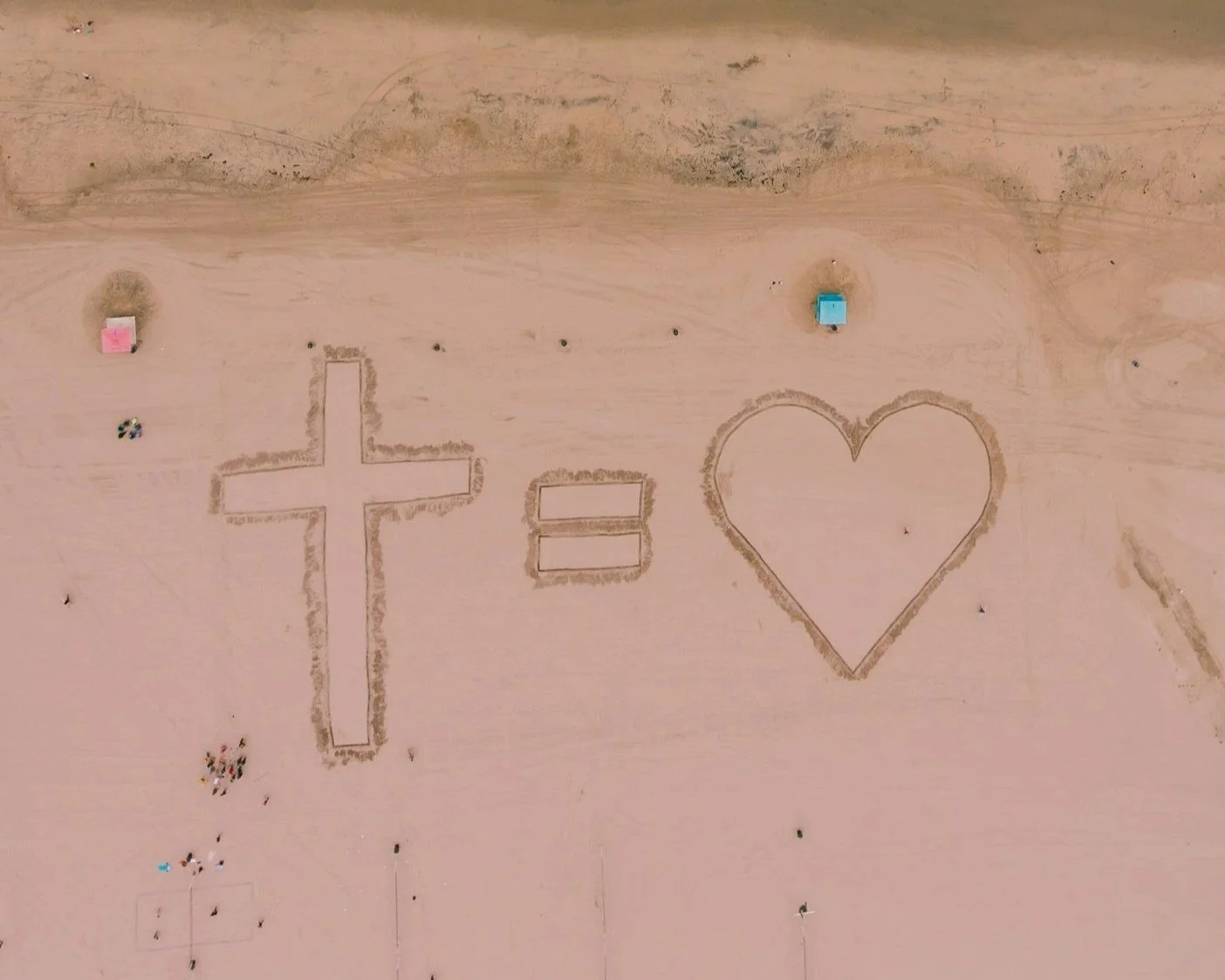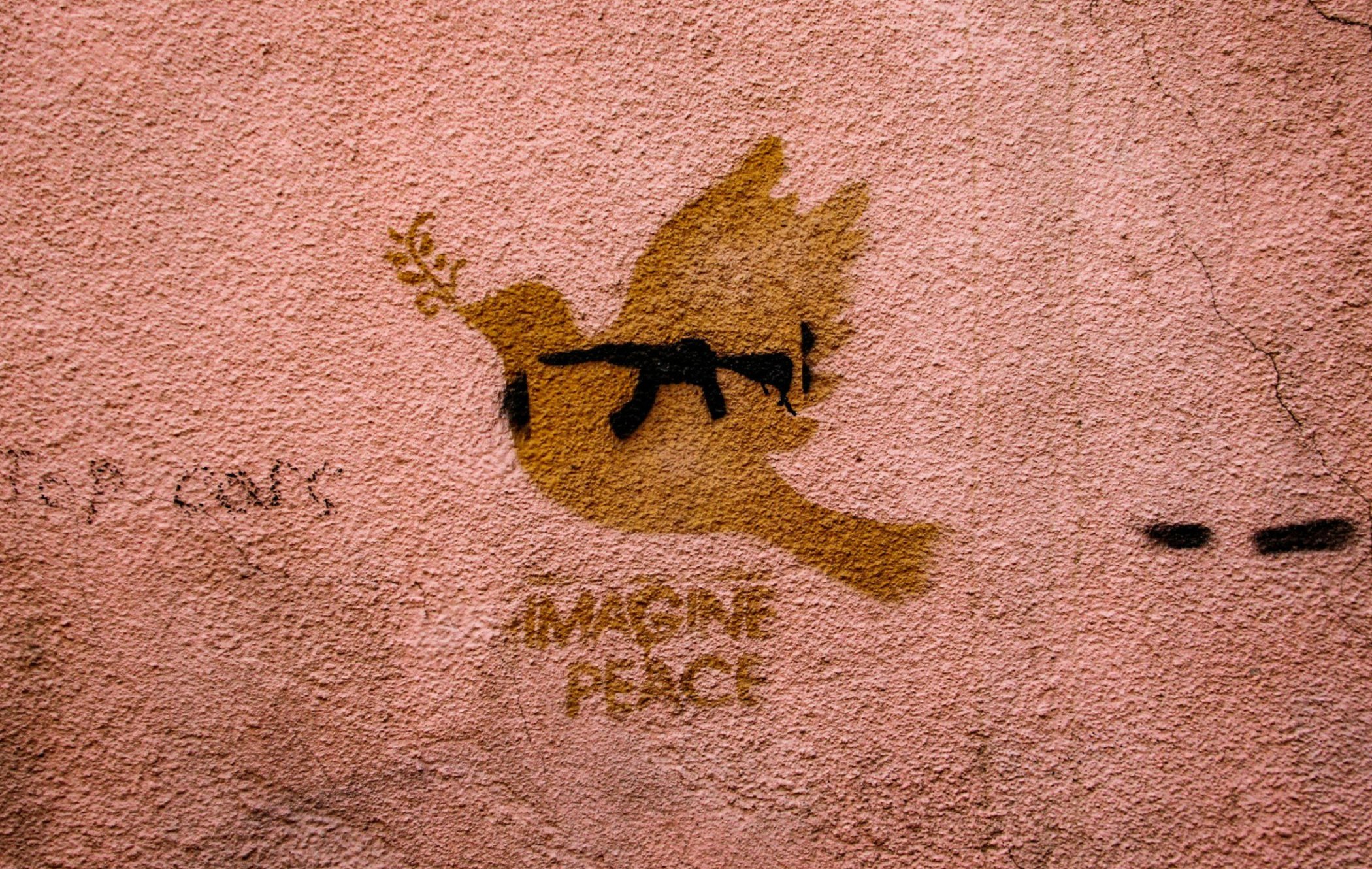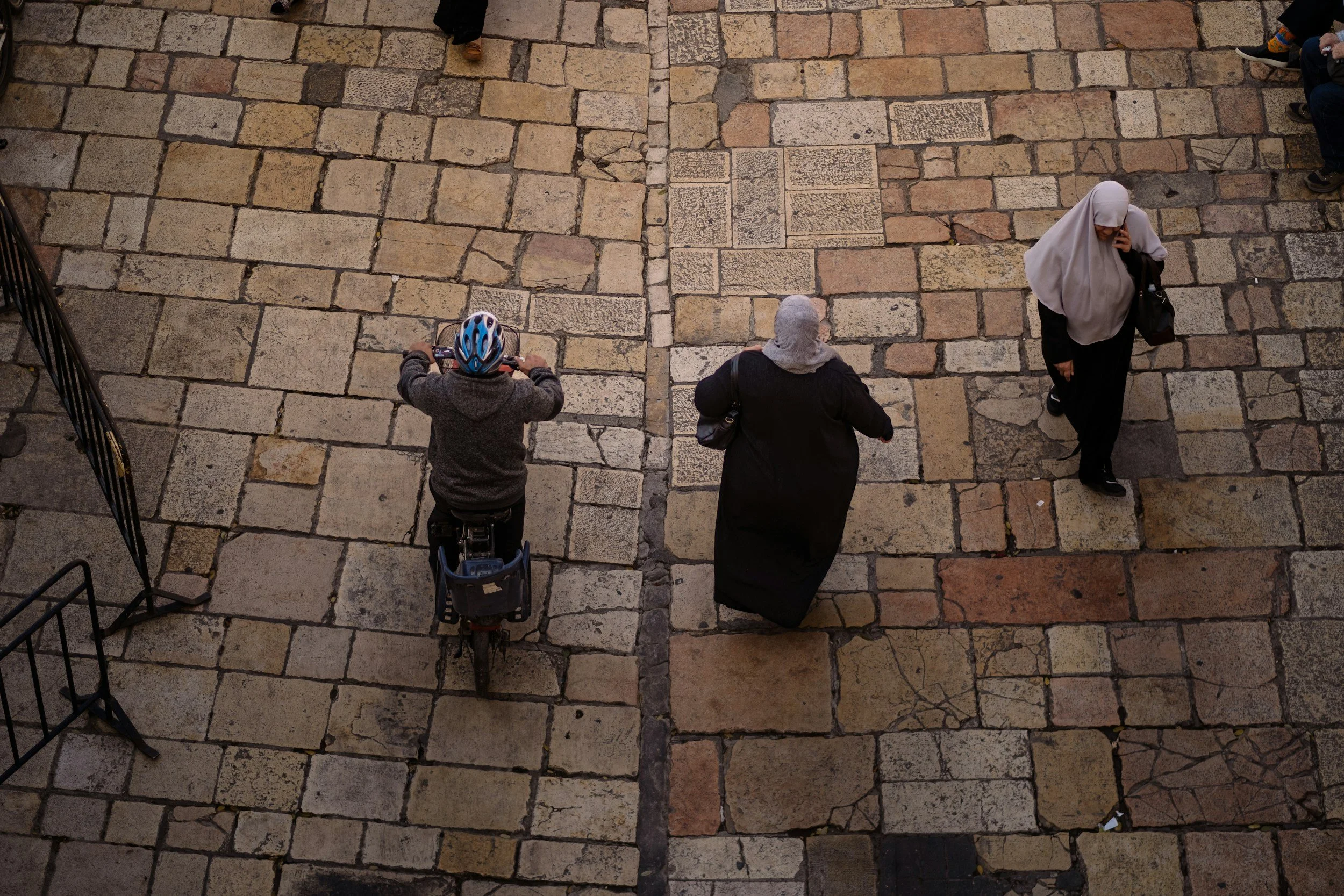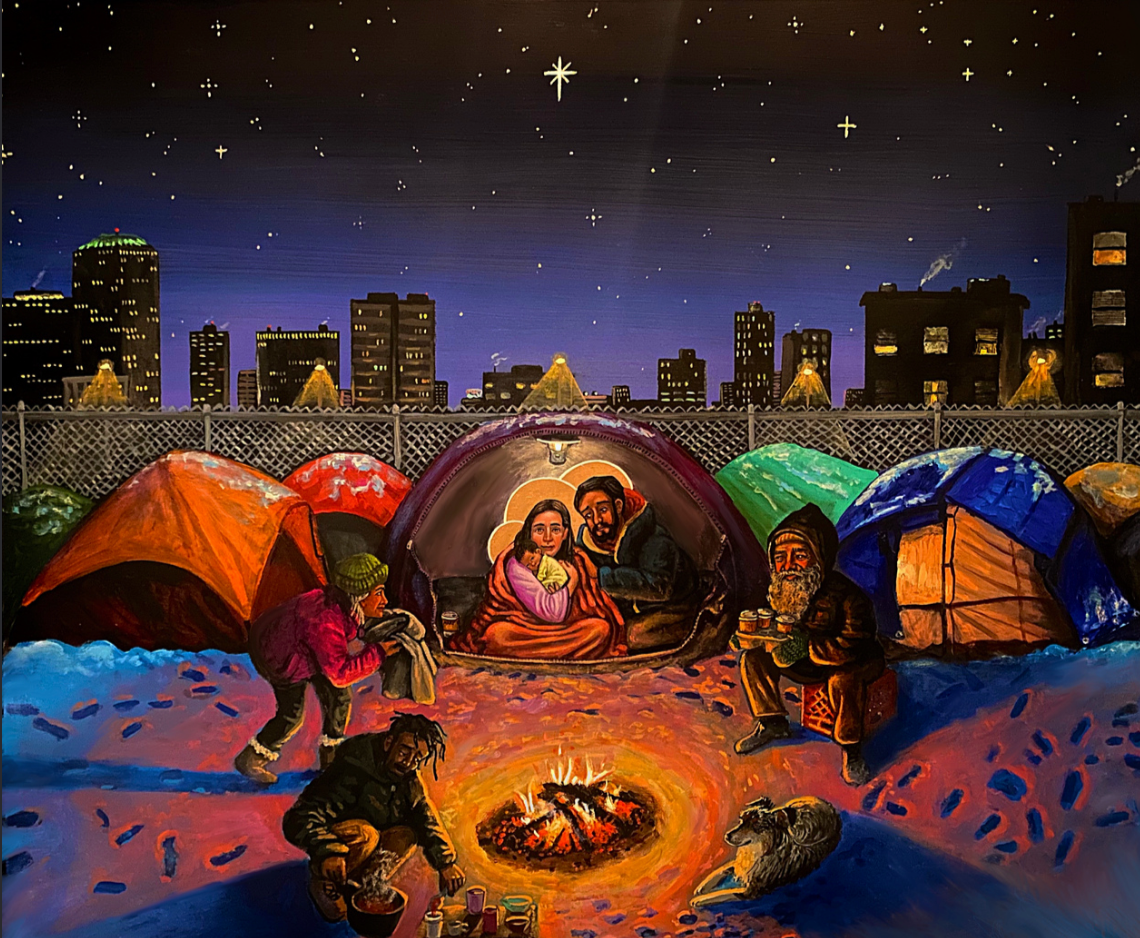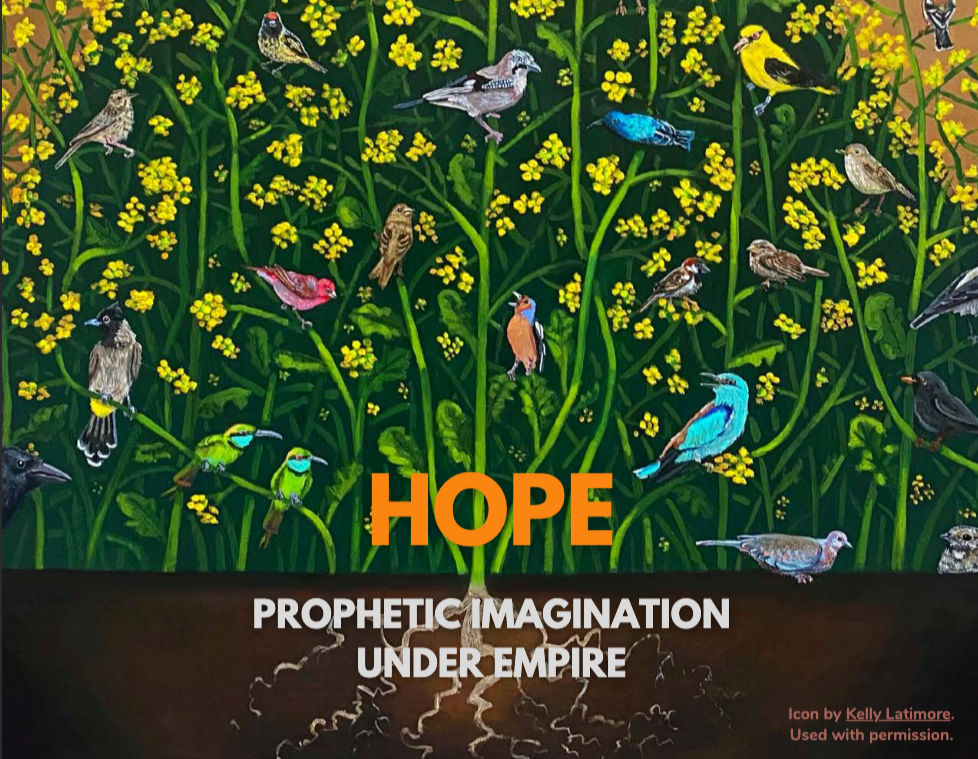Whose God is Allah? - Part 1
In the 21st century, the word Allah has different meanings for different people around the world. As I have lived in different countries and met people of diverse backgrounds, I have found that the definition of Allah relies heavily on a person's background and faith traditions. Unfortunately, the word Allah also sparks hostility and violence. So who is Allah to the regional Muslims and non-Muslims across the globe?
Allah in Cairo, Egypt
A few weeks before we left for Egypt, one of my professors at Yale Divinity School (YDS), a visiting Professor of the Middle East & Islamic Studies from Egypt, gave us a crash course on the culture of the Egyptians. “Please say inshallah to humbly acknowledge God’s will and intervention in all things you do in your conversation with every Egyptian. The Egyptians, the Muslims, and the Christians all use the word Allah for God,” she said. I thought to myself, “this is going to be another great adventure.”
The day came when we finally left JFK Airport in New York. It was on the 25th of January, 2011, the first day of the protest at the Tahrir Square that later escalated into the unprecedented Arab Spring. While chatting with the Al-Azhar officers and Professor Joseph Cumming who met us at the Cairo airport the following day, I heard the azan from the minaret calling out Allahuakbar. I discovered myself feeling at home. My heart echoed the azan in a meditation, ‘God is great.’ While I had started to feel connected with the local community through the azan, my North American classmates were also enjoying saying alhamdulillah and mashallah, two important vernacular words they began to learn to use.
Unfortunately, the instability due to the protest shortened our program in Cairo. When we boarded the chartered plane that MEDEX and Yale University arranged for our evacuation, I had mixed feelings about saying goodbye to Cairo. I could not imagine saying alhamdulillah when I knew my newly acquainted Egyptian community was experiencing a turbulent period. Nevertheless, like everyone else who clapped their hands as the plane took off, I was glad to leave Egypt, as our departure would reduce the burden that was faced by al-Azhar University. Still, however, a deep regret seeped through my heart at not completing my last semester there.
On June 13th 2011, about six months later, Dr. David Shenk, one of the two authors of the book A Muslim and A Christian in Dialogue and his wife Grace gave me a copy of the first publication of the book in Arabic. The gift was a pleasant surprise. Why? Because, in the midst of the protest in Cairo, Shenk had this book launched by al-Azhar University and a few of the prominent Muslim and Christian leaders in Cairo. The foreword was written by the mufti of Egypt indicating the endorsement of the Sunni theology of what he wrote about Allah (i.e. “God has revealed himself to the prophet Abraham as Elohim or Allah, which is translated God Almighty”) and with a footnote that read, “Elohim and Allah derive from the same Semitic root, El.”
I smiled. The YDS group did not even have the opportunity to enter the university compound due to the curfew, but Shenk at his age was successful to build peace in the midst of the chaos. And through his book, it is clear that the Sunni scholars from this, the oldest university in the world, agree that Allah is a Semitic word and thus not exclusively for Muslims.
Allah at Yale University
Back at Yale, one of my evangelical classmates became uneasy when I replied, Inshallah to something he said. I meant ‘God Willing!’ and my response was followed by an interesting polemical discussion. In the words of Shakespeare, “What’s in a name? A rose by any other name will smell as sweet?” That was what I felt about the word Allah.
Non-Muslim Arabs had used the term Allah long before the founding of Islam in the 7th century, and the word was used widely by the Meccans prior to the birth of Prophet Muhammad. Surah an-Najm 53:19, also mentions the ‘sons of Allah’ in reference to pantheon gods. Furthermore, in the Bible, the presence of the Arabs was recorded as early as Joshua’s period (Joshua 15:52) and some scholars estimated this to happen around 1250 BCE. If the Arabic language had been formed back then, Allah would have probably been used about 1880 years before Islam was founded.
In his latest book, Allah – A Christian Response, Professor Miroslav Volf of the Yale Center for Faith and Culture refuted Pat Robertson’s statement that Allah is ‘the moon God of Mecca.’ Volf called this ‘an attempt to promote clashes’ among the worlds’ biggest religious adherents and instead purported the overlapping of the worship of One God or Allah, whom Muslims and Christians understand in partly different ways. The surah which I quoted above, however, did mention that Allah was also used to denote pantheon gods. This also means that the Quran itself affirms that Allah is not a term with a specific, narrow meaning, or even a word reserved especially for Muslims.
Written by: Norani Abu Bakar. Please view www.ifeldp.wordpress.com for her writings on Muslim-Christian Relations.
PCI recognizes that blogs posted on the PCI website do not necessarily reflect the views of PCI, nor does it mean that the author is in full agreement with the views of PCI.

